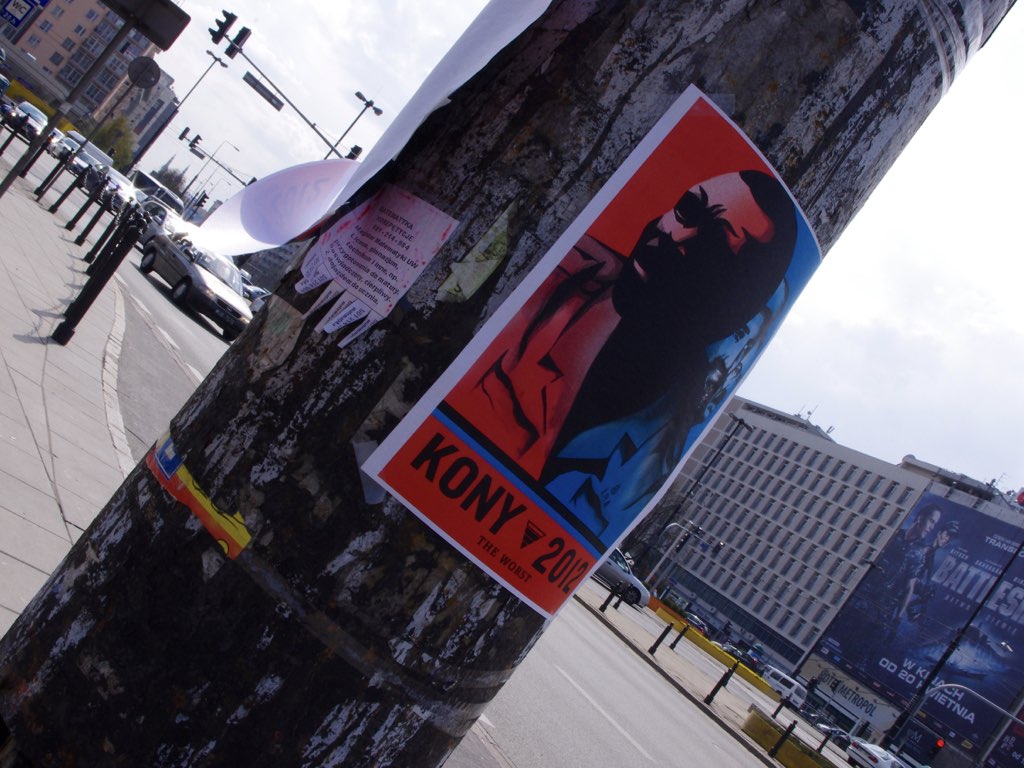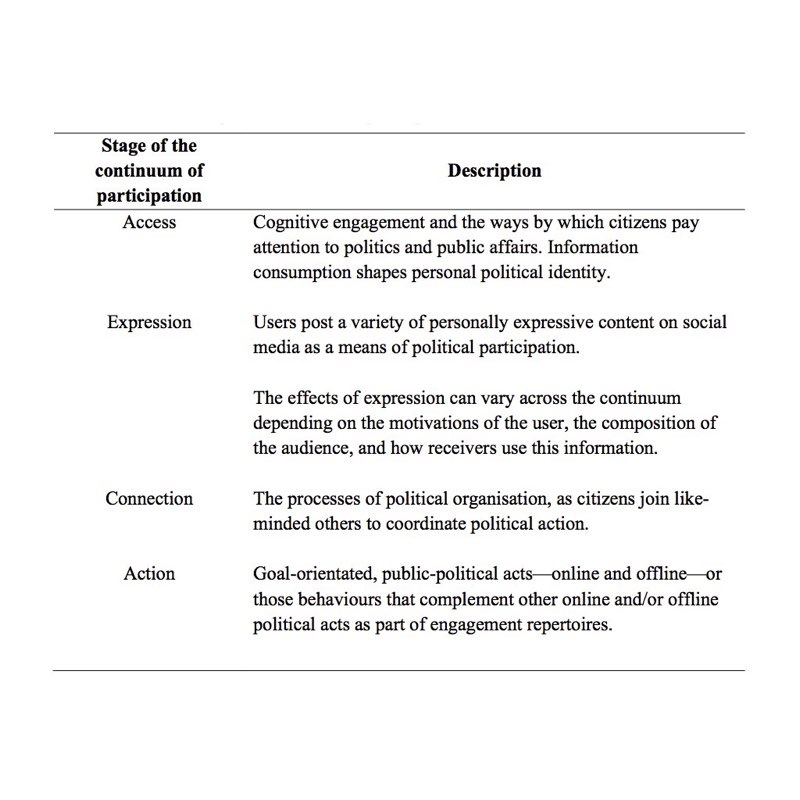







Beyond Slacktivism: Political Participation on Social Media
Interest Groups, Advocacy and Democracy Series, Palgrave Macmillan (2018)
eBook ISBN: 978-3-030-00844-4
Hardcover ISBN: 978-3-030-00843-7
Buy from Palgrave
Buy from Amazon UK
Access on SpringerLink
Description
Beyond Slacktivism examines how routine social media use shapes political participation. Many commentators have argued that activism has been compromised by “slacktivism,” a pejorative term that refers to supposedly inauthentic, low-threshold forms of engagement online. Dennis argues that this critique has an overly narrow focus. He offers a novel theoretical framework—the continuum of participation—to help illuminate how and why citizens use social networking sites to consume news, discuss civic matters, and engage in politics. This idea is explored in two interrelated settings. Firstly, in an activist context, through an ethnography of the campaigning organisation 38 Degrees. Secondly, within day-to-day life, by combining evidence of behaviour online with reflective diaries. Drawing on this rich data on individual-level attitudes and behaviours, Dennis challenges slacktivism as a judgement on contemporary political action. Beyond Slacktivism provides an account of how the seemingly mundane everyday use of social media can be beneficial to democracy.
Endorsements
“It’s better to light a candle than to fantasize about a sun” is the eloquent rallying cry of James Dennis’ conceptually rich and meticulously researched critique of the idea of slacktivism. By analyzing the testimony of authentic, socially-situated individuals, Dennis guides us through the complex textures of political life online. His research compels us to look beyond the lazy clichés found in so much public debate about social media and political engagement. Read this book. Discuss it with your students. It will change the way we think about one of the most urgent issues of our time.”
Andrew Chadwick, Loughborough University, UK
“There was a time when pundits referred to online activism as slacktivism. Gone are those days, as recent movements and waves of populism demonstrate the ability of online media to connect (and separate!) people around common sentiment. Read this book and understand how it all happens. Engaging, insightful, and sharp.”
Zizi Papacharissi, University of Illinois-Chicago, USA
“James Dennis’s book addresses a core research question: “what effect does routine social media use have on political engagement?” In answering this question Dennis skillfully sidelines assumptions of slacktivism and clicktivism to take a deeper look at instances of meaningful digital micro-activism via engaging ethnographic research, with both individual social media users, and the influential digital campaigning organisation, 38 Degrees. The book, importantly, demonstrates that politics and participation now emerge though everyday forms of communication and engagement.”
Ariadne Vromen, University of Sydney, Australia
Bibliography
For those researching slacktivism and online political engagement, you can download the bibliography for free from SpringerLink.